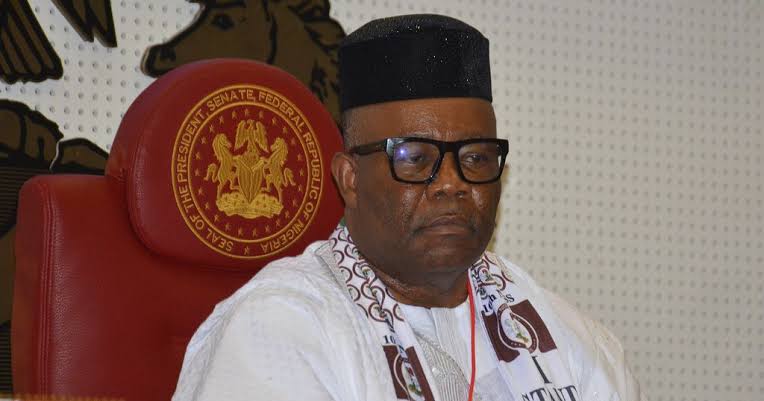Former Governor of Kaduna State, Nasir el-Rufai, has said the second term of former President Olusegun Obasanjo was the “most successful” in terms of economic growth, job creation, and inflation rate in Nigeria.
Gatekeepers News reports that after a preceding four-year tenure, Obasanjo completed his second term in office from 2003 to 2007.
El-Rufai said Nigeria returned to “proper integrated planning and we also got lucky” at the time.
The former Kaduna Governor during a session at the Africa in the World conference in Stellenbosch, South Africa, emphasised the need for proper planning to aid the economic growth of any country.
The former governor said, “We have a planning commission in Nigeria but it has not been as effective.”
According to him, planning committees are “absolutely relevant” in most developing countries.
El-Rufai said, “If you look at Nigeria’s economic trajectory, the most successful four to five-year period of economic growth, job creation, and reduced inflation was the period of the second term of President Obasanjo in 2003 to 2007, when for the first time, the country went back into proper integrated planning and we also got lucky.
“Oil prices began to rise but we did not waste the windfall because we had planned. We had an excess crude account (ECA) that was based on fiscal rule that any surpluses above a certain benchmark price of crude oil goes to that savings account.
“And with that, we were able to get rid of all our foreign debt.”
He noted that Nigeria’s fiscal health was at its best in 2007, such that when the global financial crisis took place in 2008, “Nigeria did not feel anything.”
El-Rufai said, “Nothing was felt in Nigeria because Nigeria had a big savings account; we had huge reserves and we were able to absorb the shock without any internal problems unlike most countries.”
He noted that long-term and coordinated planning as well as the inclusion of all stakeholders are crucial to achieve accelerated economic growth.






